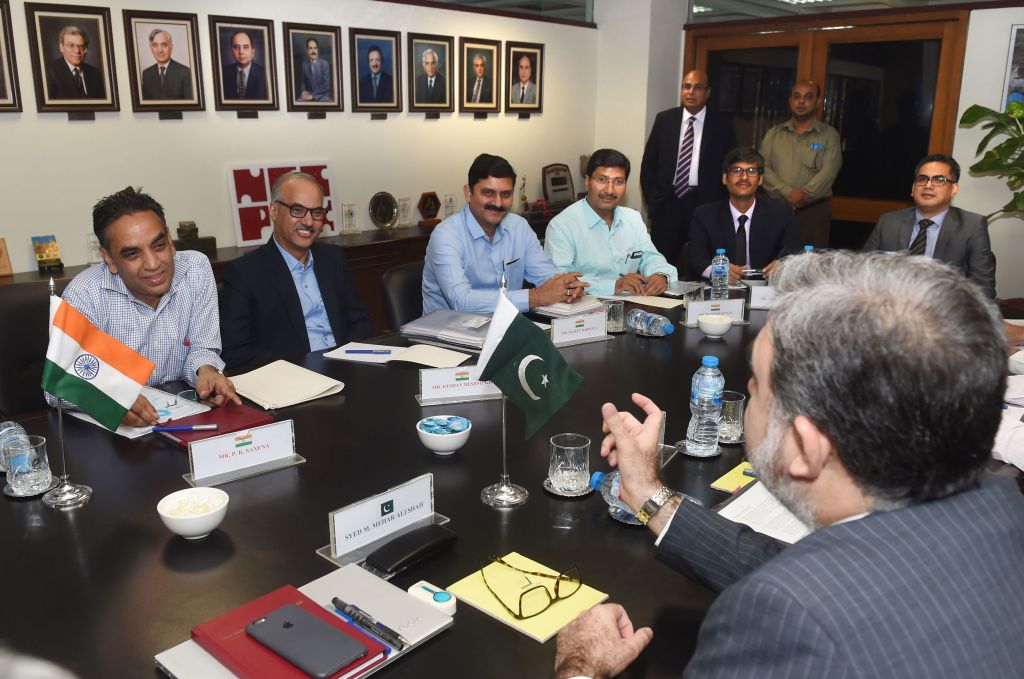- Wednesday, April 09, 2025

By: Shubham Ghosh
WATER disputes between India and Pakistan were back into focus as Islamabad has raised objections to the design of India’s Kiru hydroelectric plant, a mega 624 megawatt (MW) project over the Chenab river in Jammu and Kashmir. New Delhi has countered the objection saying the project is fully compliant with the two neighbours’ Indus Waters Treaty which was signed in 1960, officials on Tuesday (24) said.
Pradeep Kumar Saxena, India’s Indus commissioner, told Press Trust of India that his Pakistani counterpart Syed Muhammed Meher Ali Shah raised the objections last week.
Saxena said the design of the project, which is a run-of-the-river scheme in the Kishtwar Tehsil of Doha district in Jammu and Kashmir, is in complete compliance with the provisions of the treaty. The project is being implemented by Chenab Valley Power projects Limited, a joint venture of the National Hydropower Company and Jammu and Kashmir State Power Development Corporation. It has also been certified by the Central Water Commission, an apex organisation in India in the water-resources sector.
“As a responsible upper riparian state, India is committed for full utilisation of its rights and believes in an amicable resolution the issues raised by Pakistan side in letter and spirit of the treaty,” Saxena said, adding, “Pakistan’s objections on this project may come up for discussions in the next meeting of the Permanent Indus Commission scheduled this year in Pakistan. In the forthcoming meeting, the Indian side will explain its position and hope that Pakistan will appreciate the same and its apprehensions will be addressed through discussions.”
Under the treaty, Pakistan can raise objections to the Indian design within three months of the receipt of the information. India gave information on the project to Pakistan in June.
As per the IWT, all the waters of the eastern rivers – Sutlej, Beas and Ravi – amounting to around 33 million acre feet (MAF) annually is allocated to India for unrestricted use. Similarly, the waters of the three western rivers – Indus, Jhelum and Chenab – amount to 135 MAF annually has been largely assigned to Pakistan.
While the treaty gives India the right to generate hydroelectricity through run-of-the-river projects on the western rivers subject to specific criteria for design and operation, it gives Pakistan the right to object to designs of Indian hydroelectric projects on the western rivers.
Saxena said India is allowed to build run-of-the-river plants on the western rivers with limited storage under the treaty.
Earlier this year, Shah raised objections to the designs of Pakal Dul and Lower Kalnai hydropower projects in Jammu and Kashmir during a meeting with Saxena. India said on the occasion that the designs comply with the treaty.